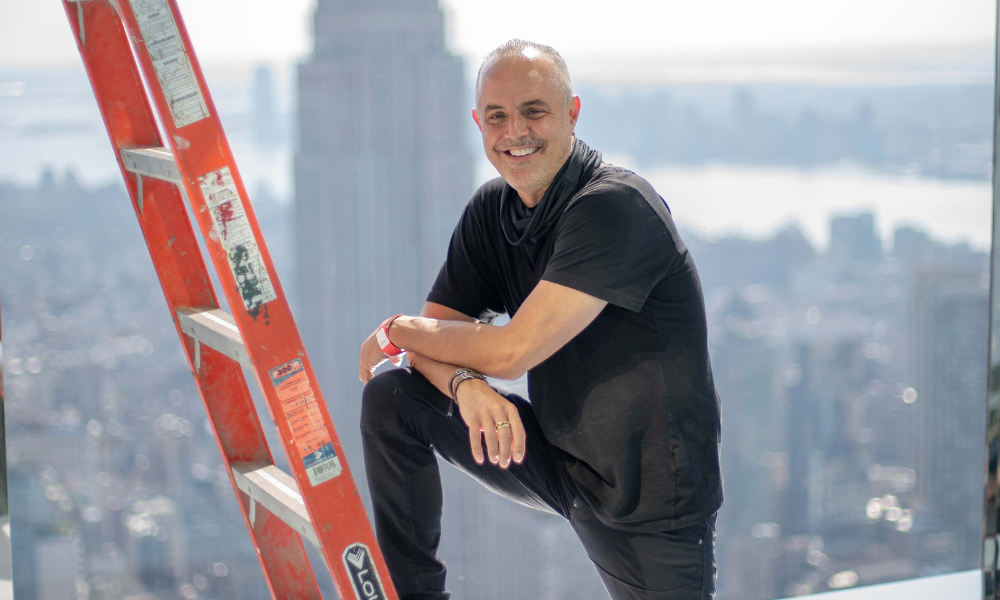
PR firm president argues it's the 'wrong move'

As of Oct. 2, Starbucks no longer offers paid time off (PTO) for employees getting the COVID-19 vaccine, dealing with side effects from it or who have tested positive for the coronavirus and must isolate.
The Seattle-based company urges workers to continue to follow COVID-19 self-isolation guidance, which, according to the Centers for Disease Control and Prevention (CDC), people who contract the virus should stay home and isolate for at least five days. Therefore, if employees at the coffee chain’s almost 9,000 locations get COVID, they must now rely upon their sick and/or vacation pay to stay home while isolating.
“Now as more communities and health agencies roll back restrictions and vaccines, including the new Omicron boosters, become widely available, we’re moving into life with COVID-19 in the endemic phase,” the company said in a press release. “We’ll transition out of temporary programs, return to our standard policies and invest in long-term well-being to further support our partners.”
Read more: California drops COVID-19 requirement for state employees
Starbucks is making a big mistake, according to Eric Yaverbaum, president of Ericho Communications, a New York City-based public relations agency. “No matter the rhetoric about the pandemic, people are still getting COVID and have long-haul symptoms, which are completely overlooked,” Yaverbaum told HRD.
Although President Joe Biden said the pandemic is “over” in a recent interview on “60 Minutes,” COVID-19 deaths are still averaging roughly 400 a day throughout the country, according to the CDC’s COVID Data Tracker. Meanwhile, just last month, the CDC endorsed two new booster shots – one by Moderna and another from Pfizer-BioNTech – that are tailored to fight the two most prevalent omicron subvariants: BA.4 and BA.5.
“It’s easily imaginable that there will be more boosters going forward,” Yaverbaum says. “Anything to discourage employees from getting boosters, which includes not having PTO if employees experience side effects, is the wrong move.”
Yaverbaum argues that by not supporting employees to take care of themselves, they’ll be likely to come into work even if they’ve tested positive. That not only puts their colleagues in danger, but also customers. Yaverbaum says it’s “particularly reckless” considering nearly all of Starbucks’ store-based employees are in customer-facing roles.
“It’s an awful move for public perception,” Yaverbaum says. “I’d rather not get COVID for a cup of coffee. It’s not worth it. Starbucks came to the conclusion that money matters more. It’s kind of disgusting when you’re not caring about your fellow human being.”
Yaverbaum also fears that other companies will follow suit.
Read more: Carewell CEO: Companies need to offer caregiving leave
“As a global company with universal name recognition, Starbucks is setting a precedent,” Yaverbaum says. “However, there’s no reason to end benefits and pretend the pandemic is over other than concern for the bottom line. Leadership is clearly communicating here that the bottom line is more important to them than the health of their employees and customers.”
How much longer should companies maintain COVID-19 benefits? Yaverbaum suggests when the World Health Organization (WHO) declares the pandemic over. That hasn’t happened yet, although WHO Director-General Tedros Adhanom Ghebreyesus recently told reporters “the end is in sight,” Reuters reported.
Until then, “ending pandemic benefits is premature at best and dangerous at worst,” Yaverbaum says.